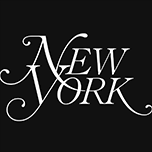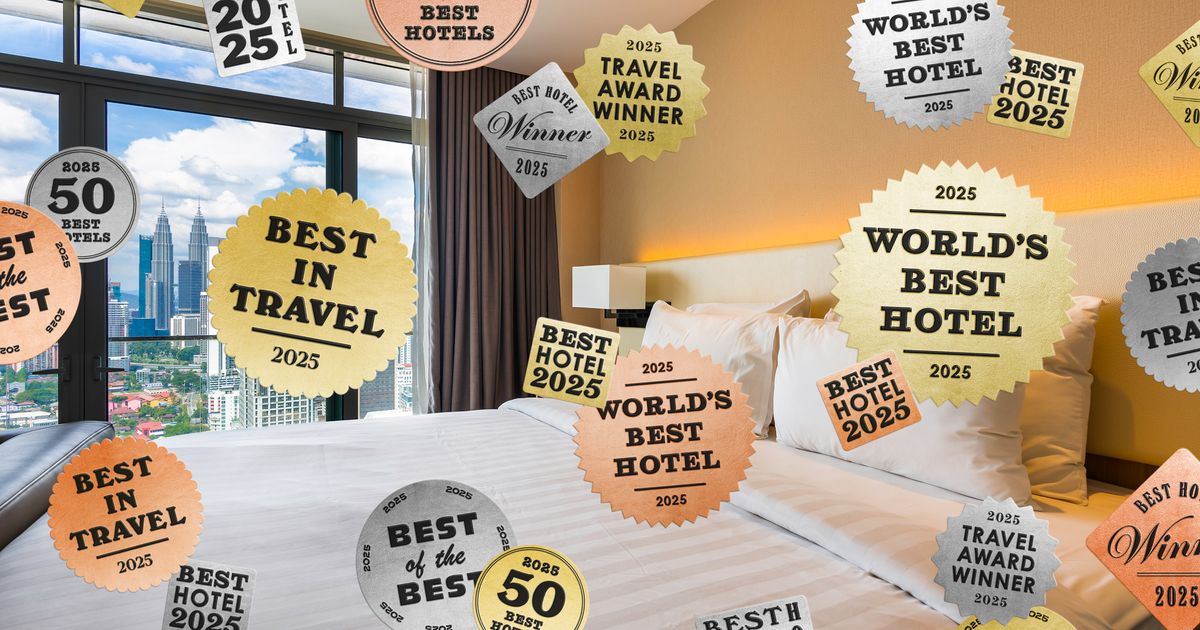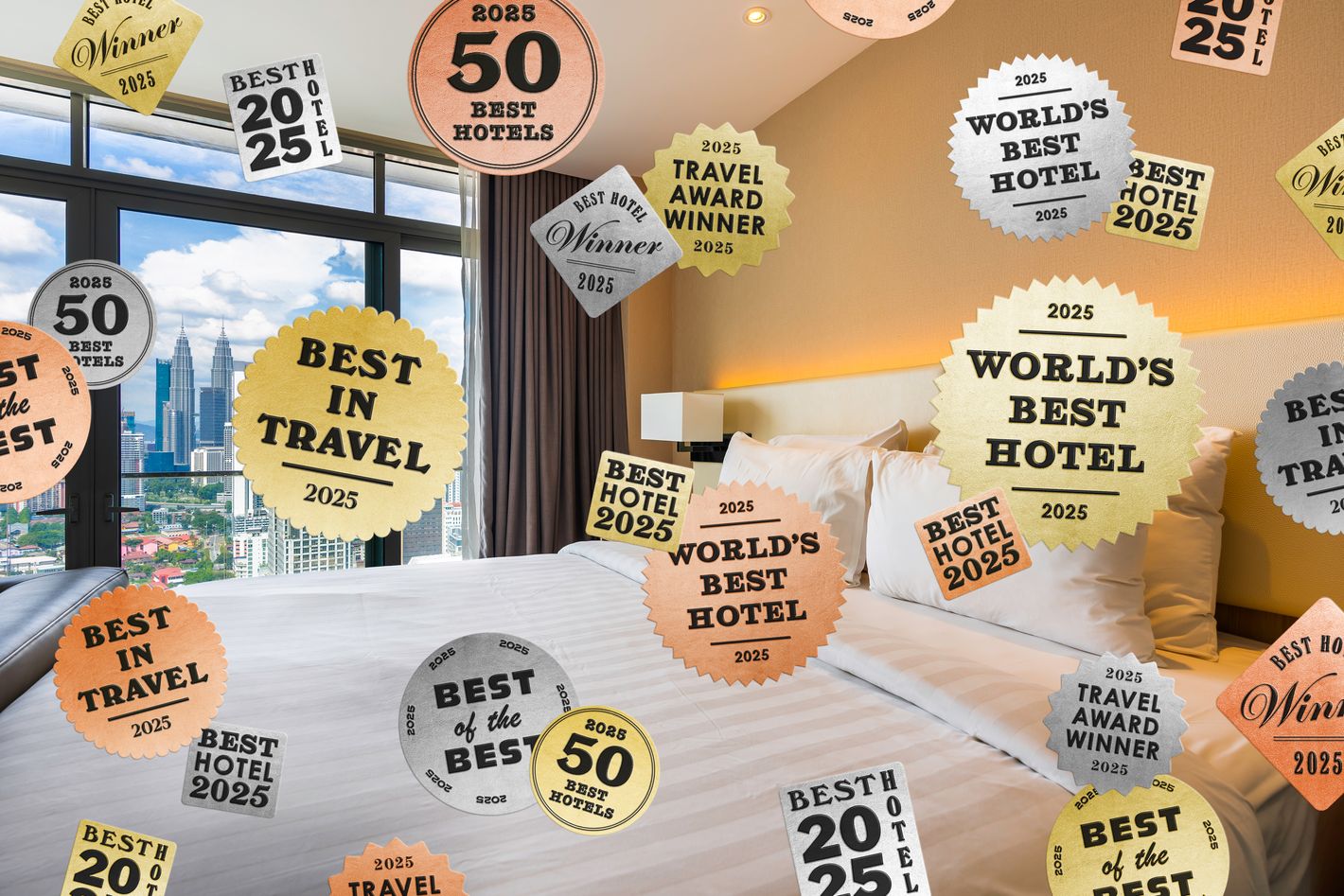 Photo-Illustration: Tyler Comrie; Photo Getty images
Photo-Illustration: Tyler Comrie; Photo Getty images
Some of the most influential hospitality rankings in the world are produced in a homely office park in Crawley, an exurb of London. There amid the square bushes, under a stream of jets taking off and landing at Gatwick Airport, sits the headquarters of the 50 Best brand. “We want to become the reference point for the best travel experiences across the world,” says William Drew, the head of content for 50 Best, which in addition to its restaurant rankings publishes lists of hotels, bars, and vineyards. Drew, 53, is a cheerful former journalist who edited men’s magazines, including FHM and Arena, during the early aughts. “I got very lucky,” he says. “I managed to get out of that.”
Travel lists used to be the province of old-school, ad-stuffed glossy publications like Travel + Leisure and Condé Nast Traveler. These days, lists have spread beyond travel magazines and seem to be offered by everyone and everything: bloggers, TikTokers, ChatGPT. Virtually every magazine has a travel list, from Esquire to Architectural Digest to Men’s Journal. The lists themselves have splintered into sub-lists and mini-lists. Forbes now publishes something called the “Verified Air Travel Awards,” which issues citations in 22 separate categories celebrating “airport experiences.” But the most important creator of lists among them all has quickly become 50 Best. “I don’t know how they got their cachet so quickly,” one public-relations executive told me. Travel planners say they are increasingly asked to build itineraries around 50 Best. “People pick a destination because of it,” says Melissa Biggs Bradley, a former travel editor who now runs a boutique travel-planning company called Indagare. Getting on a prominent list, like the World’s 50 Best Hotels, is “a complete game changer,” I was told by a hotel general manager. “It totally fills up beds. And any way you can tilt the odds in your favor, one does, because it really does affect the bottom line.” One publicist, whose agency has shifted focus from articles to lists, says, “Hotels would rather be on a list than get an eight-page cover story.”
The judges at 50 Best wield a lot of power, but unlike the writers of signed reviews from legacy travel publications, they work anonymously. Experts known as “Academy Chairs” choose World’s 50 Best Hotel’s voters, who are a mix of journalists, hoteliers, and so-called seasoned travelers. (“Voting is strictly confidential and anonymous,” the World’s 50 Best Hotels website says. “Voters must not reveal their status as a voter or their voting intentions.”) The Academy’s 13 chairs “recruit suitable voters,” but that is largely up to their discretion. Hotels may invite those voters to stay for free in accommodations that generally cost $2,000 a night and above. (50 Best says it “trusts that voters make an independent choice.”) When I ask Drew about his judges’ qualifications, he describes them as “people curious about what’s out there, who want new experiences, and also want the best” — hotel aficionados. “It’s not a science,” he adds.
But several publicists describe or show me emails from 50 Best judges requesting multinight comps for groups that include partners, children, entourages, and pets. One travel writer with decades of experience tells me she had been to a hotel opening in Europe attended by a large number of World’s 50 Best Hotels judges. “It was a very young group of people who not only didn’t have experience in the travel industry,” she says, “but weren’t well traveled. Everything was ‘Wow!’ Wow to the food. Wow to the rooms. It was sort of the opposite of the old Michelin inspector traveling the world on his own with the expertise and background to judge and criticize. They did not seem knowledgeable about food or hospitality.”
Then there’s the fact that hotels competing to be on the list have the opportunity to be “partners,” providing services such as hosting the award ceremony’s invite-only events. Last year, one such partner was Rosewood London,which is part of the massive Hong Kong–based chain that owns the Carlyle and Hôtel de Crillon in Paris and whose properties took up four spots on 2024’s list. Last year’s opening banquet was held aboard the Silver Sturgeon, a yacht anchored in the Thames; the after-party was at NoMad London — No. 46 on the inaugural 2023 edition of the list. Critics such as Maria Shollenbarger, the longtime travel editor at the Financial Times’ HTSI magazine, say all of this presents “endless potential for sub rosa activity.” (50 Best says that sponsorships and venue partnerships do not influence the rankings, that venue partnerships aren’t paid opportunities, and that it doesn’t believe there is a specific “type of hotel” that is featured in its rankings.) Behind the exotic-sounding names of the hotels that tend to make the list hide the same boring, highly profitable multinationals specializing in standardized products for the masses: Hilton, Marriott, Accor, IHG. This dynamic can leave smaller, independent hotels to feel they’re struggling for recognition. “It’s really unfortunate,” says a travel publicist. “The only way to get on the list is to spend a lot of money.”
When I ask a dozen publicists in luxury travel to explain to me how they understand the workings of the various lists, several show me multipage spreadsheets devoted to tracking and decoding them, which they show to clients demanding placement. “The lists are opaque,” one tells me, sighing. “Nobody really knows how they work.” “Do me a favor,” says another. “Find out and let me know.” Stymied in their efforts to crack the code, publicists have attempted to figure out who the judges are so they can influence them with free trips. Several people I speak to who have served as 50 Best judges describe the ranking as “dubious” and “shady.” More generally, the “obsession with lists has gone too far,” Colin Nagy recently wrote in Skift, a widely read travel-industry website. Nagy claimed the purveyors of some lists are “veering into outright deception.”
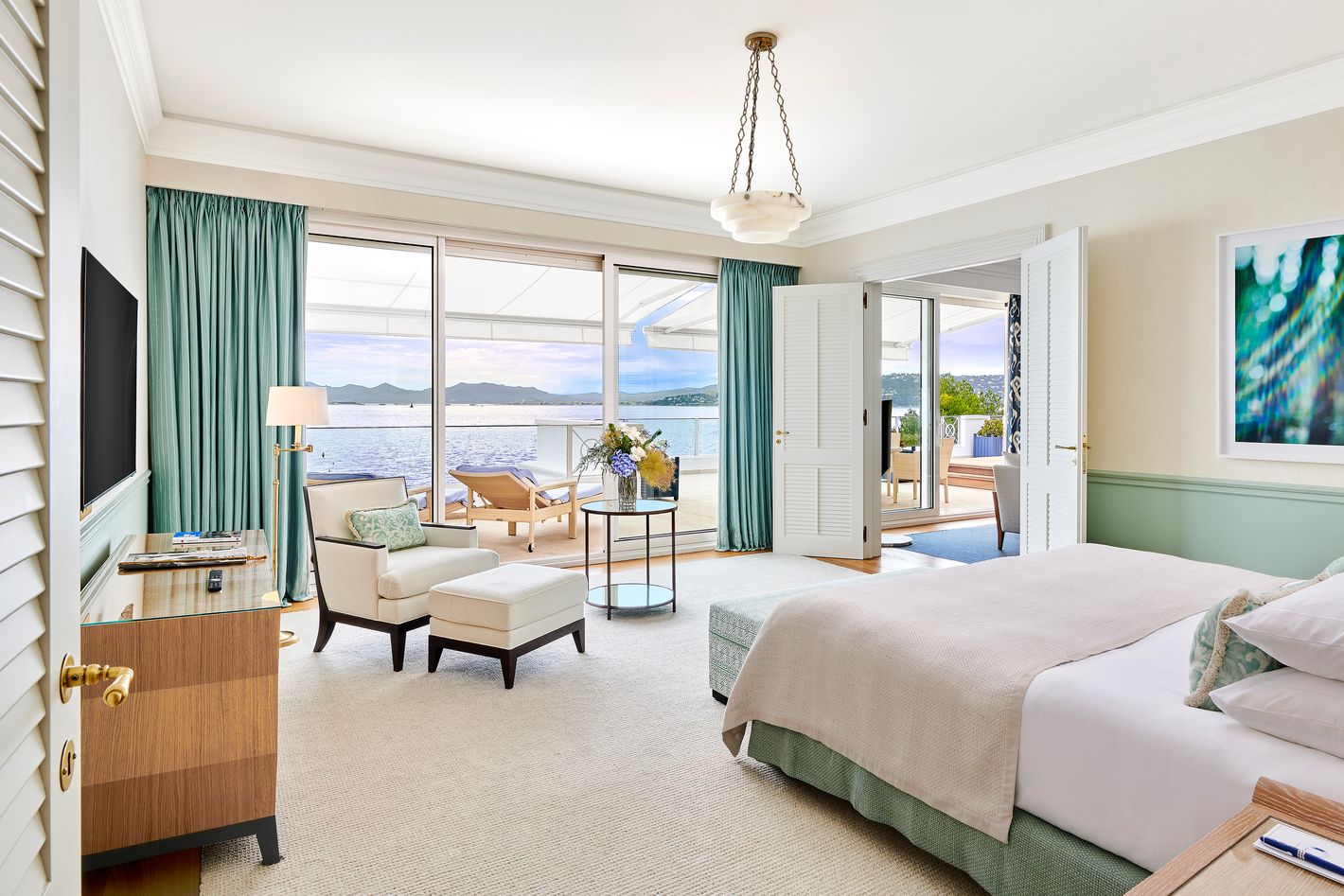 Photo: Hotel du Cap-Eden-Roc
Photo: Hotel du Cap-Eden-Roc
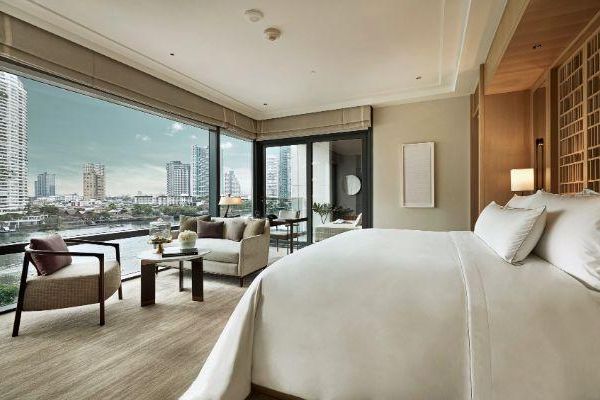 Photo: Capella Bangkok
Photo: Capella Bangkok
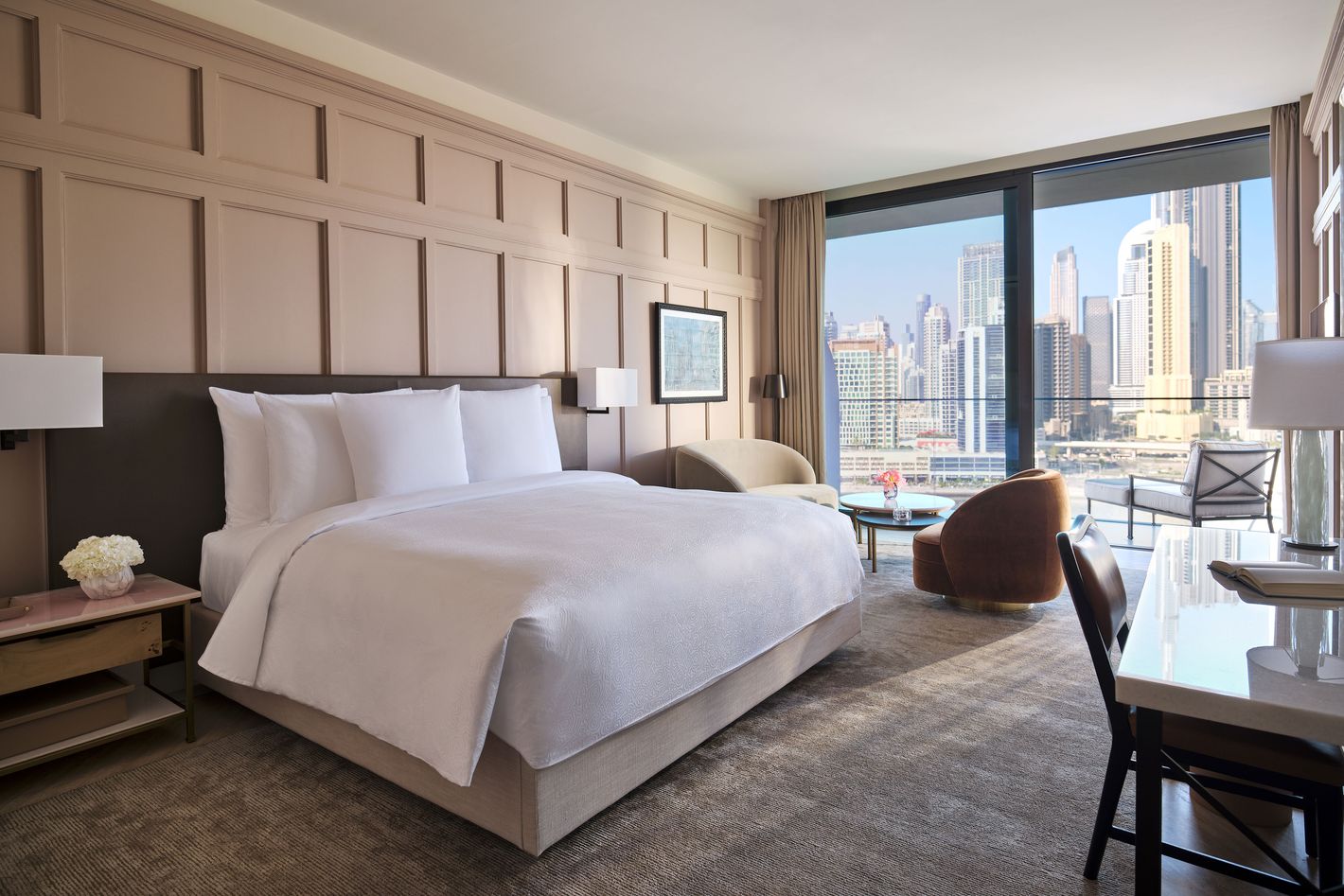 Photo: The Lana/Dorchester Collection
Photo: The Lana/Dorchester Collection
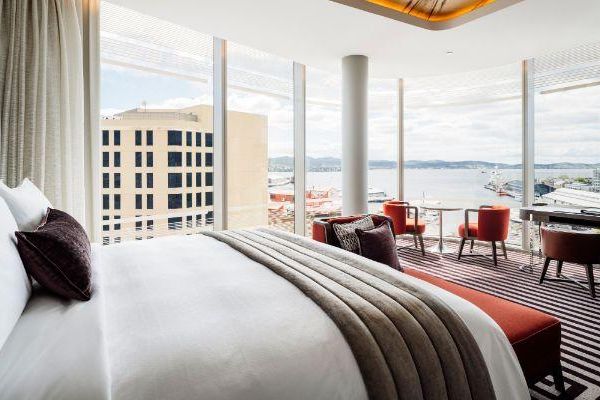 Photo: The Tasman/The Luxury Collection
Photo: The Tasman/The Luxury Collection
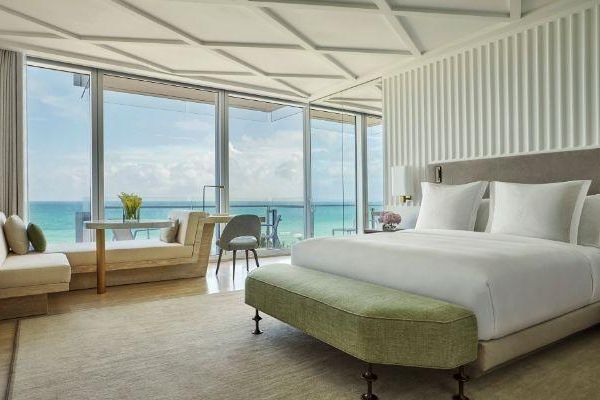 Photo: Four Seasons at the Surf Club
Photo: Four Seasons at the Surf Club
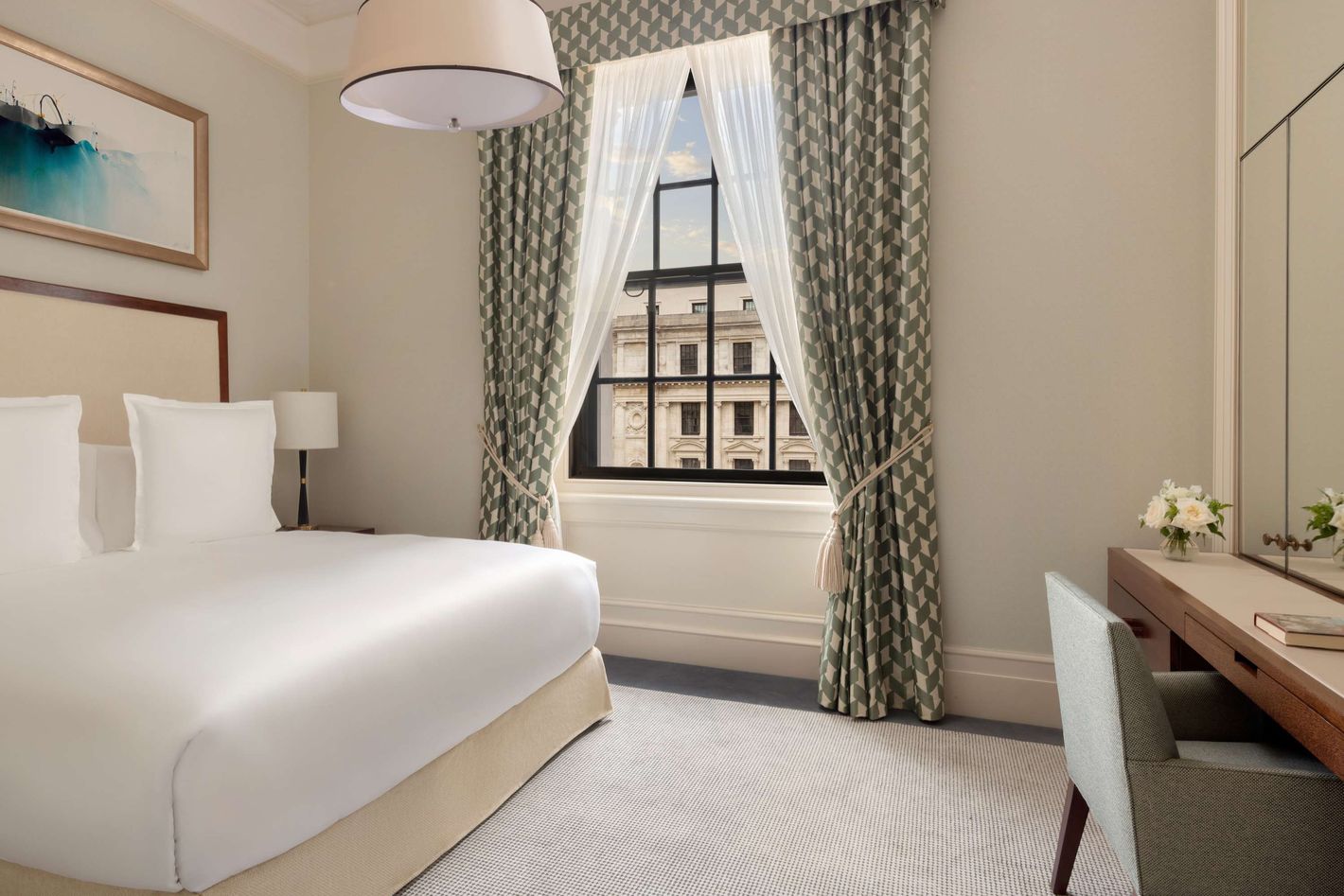 Photo: Raffles London
Photo: Raffles London
All of this, of course, is taking place in a media environment where the subjects of travel articles — cruise lines, safari operators, airlines, and hotels — buy most if not all of travel-magazine advertising and thereby sustain those writers’ salaries. It is also an industry whose cash-strapped publishers rely upon underpaid freelancers to write about experiences costing $10,000 or more. “It isn’t that people are bought and paid for with briefcases full of cash,” Nagy tells me. “The question is, When you get a free four-night stay at a private island in Fiji, how objective are you really going to be?” So as magazines become dependent on lists and awards, and as the awards themselves become divorced from any content whatsoever, publishers become even more susceptible to their capture. Travel is supposed to stimulate the imagination. In a mindless way, awards and rankings can also tap into basic human emotions, such as the desire for recognition and the celebration of achievement. They’re dumb fun and good for business — who cares how or why they’re made? But they also affect travel (the luxury side of it, anyway) by rewarding hotels for conformity rather than individuality and flair.
André Balazs says his hotels, which include Chateau Marmont and Chiltern Firehouse in London, only occasionally appear on any of the popular lists. “I became aware of what it took to get a certain rating,” he says. “Things like every room had to have marble floors and two sinks. I couldn’t remember the last time I was at a hotel where my girlfriend and I used the sink at the same time — but I could remember wanting some more counter space. So I thought, Well, why not? But by blowing off the two-sink counters, that was it. It’s arbitrary. Some rooms you have to have 300 square feet, and if not, it’s not a luxury room. Well, in Japan they would beg to differ.” Travelers should care about these lists, he says, “because they monetize mediocrity and homogeneity. When you ask yourself, If I close my eyes, why is it that I don’t know if I’m in a Park Hyatt, an Aman, a Ritz-Carlton, a Four Seasons, or a Peninsula? The answer lies right in front of you. Look who provided the ratings.” Stanley Stewart, who writes about travel for the Financial Times, wonders if the issue is what the traveler wants these days. He says today’s readership is different: “I worry that they just want to be told where to go and what to eat. Not to be inspired.”
More Travel Issues
From Intelligencer - Daily News, Politics, Business, and Tech via this RSS feed

